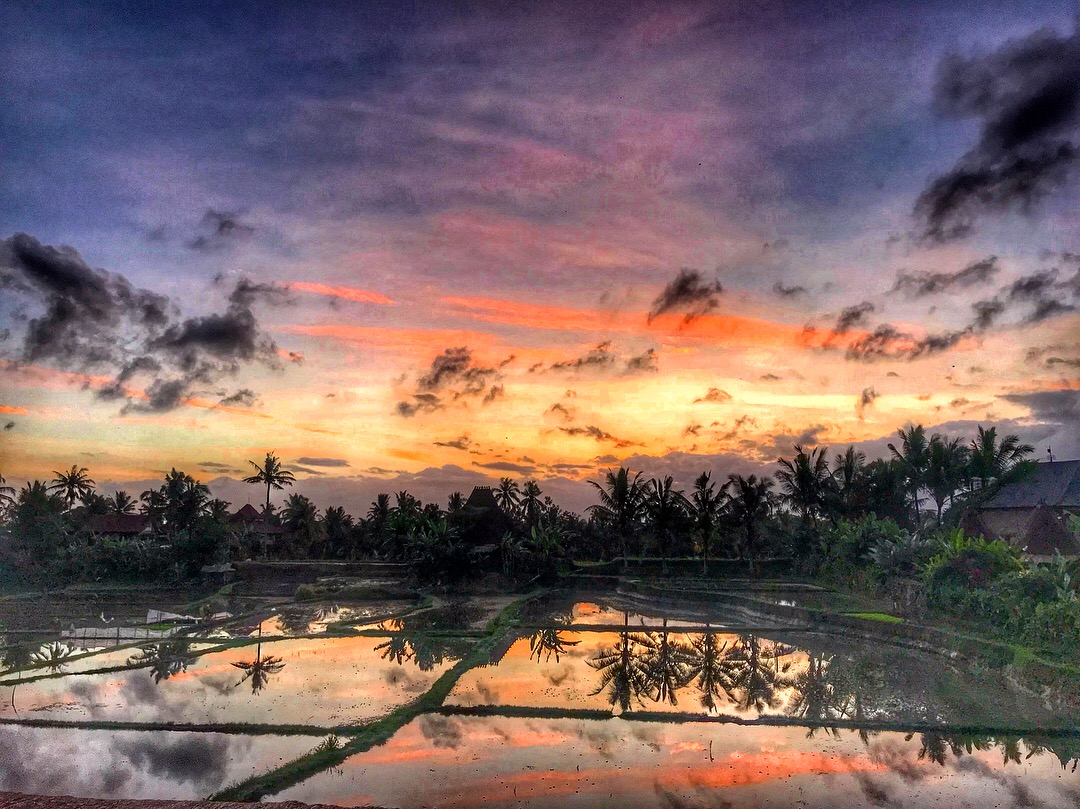Scholarships: Five fully-funded PhDs announced
The studentships are based in the Leverhulme Centre for Anthropocene Biodiversity and will contribute to the Centre's research aims, which examine how the relationship between humanity and the natural world is changing, and how we might develop and maintain a sustainable Earth.

The Leverhulme Centre for Anthropocene Biodiversity is a world-leading interdisciplinary centre researching the complexities of biodiversity change in the Anthropocene, funded by the Leverhulme Trust. The application deadline for the studentships is at the end of March, with studentships to start in October 2020. Please note these scholarships are open to UK and EU applicants.
Biodiversity of novel croplands
Supervisors: Dr Chris West (Stockholm Environment Institute), Prof Jane Hill (Biology), Prof Jean Grugel (Politics)
This PhD will involve collecting and analysing data for biodiversity associated with novel tropical crops, including soy and oil palm. You will also consider cultural attitudes to the biodiversity of these croplands, contrasting the perspectives of farmers, production companies and environmentalists. You will investigate how the diversity and functional characteristics of species associated with novel crops differ from those in historical habitats and you will identify the likely habitat and geographic origins of species associated with the crops.
Humanity’s love and hatred of naturalised species
Supervisors (from): Dr Mark Jenner (History), Dr Helen Cowie (History), Dr Sabine Clark (History), Dr Amanda Rees (Sociology), Prof Chris Thomas (Biology)
Human attitudes to other species, whether wild or domestic, imported or native, have varied in relation to a combination of different emotional, economic and aesthetic factors. This conceptualisation of relative worth varies over time and place, in different social contexts, and even within the thinking of individual people. This PhD will focus on attitudes to feral or naturalised species, which have varied between admiration and hatred. When and why did we turn against them? And why do we now love some species that we previously attempted to exterminate?
The development of Anthropocene biodiversity
Supervisors: Professor Chris Thomas (Biology), Professor Nicky Milner (Archaeology)
There is increasing evidence that recent environmental and biological changes do not represent modification of a previously pristine world, but are superimposed on earlier human modification that occurred over many thousands of years. During this PhD, you will generate Pleistocene-Holocene-Anthropocene ‘hockey-stick graphs’ of species accumulation and loss, investigating when most losses took place and when most naturalised species arrived and established. You will investigate the cultural context of changes and identify the sources of species that establish in novel environments, using existing vertebrate, mollusc and pollen databases.
Evolutionary acceleration in the Anthropocene
Supervisors: Dr Kanchon Dasmahapatra (Biology), Professor Chris Thomas (Biology)
A PhD position is available to investigate whether rates of evolution, hybridisation and speciation have been accelerating during the Anthropocene. You will use empirical analyses of data to quantify genetic changes through time and associated with the establishment of new populations in novel environments. There is increasing evidence of rapid evolutionary responses to recent environmental and biological change, but the extent of change is uncertain. The project will suit a student interested in genetics and bioinformatics, who wishes to understand the impacts of humanity of the Earth’s biodiversity.
Gardening as a force in ecological history
Supervisors (from): Dr Mark Jenner (History), Dr Helen Cowie (History), Dr Sabine Clark (History), Professor Sue Hartley (University of Sheffield)
A PhD studentship is available to investigate the histories of garden plants, their origins, and the motivations that led to them being collected and planted in new parts of the world. Introduced plants represent the largest group of species that have ‘invaded’ other parts of the world, commonly having been transported by people and then grown in gardens, before ‘escaping’ into the wild. Your PhD will investigate the reasons – whether medical, culinary, aesthetic, commercial or ecological – for this transplantation into botanical and private gardens, with a particular focus on transport and biological invasions in the tropics and subtropics. You should wish to combine historical, biological and social perspectives.
Contact us
Interdisciplinary Global Development Centre
igdc@york.ac.uk
01904 323716
Department of Politics and International Relations, University of York, Heslington, York, YO10 5DD, UK
Twitter
Contact us
Interdisciplinary Global Development Centre
igdc@york.ac.uk
01904 323716
Department of Politics and International Relations, University of York, Heslington, York, YO10 5DD, UK
Twitter